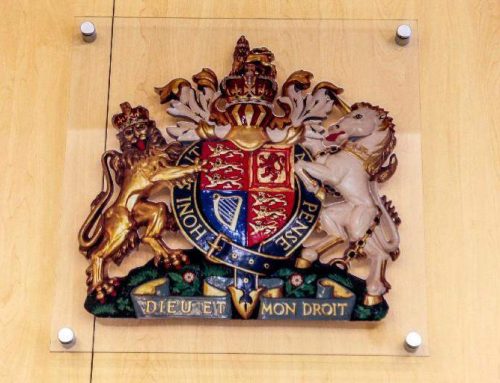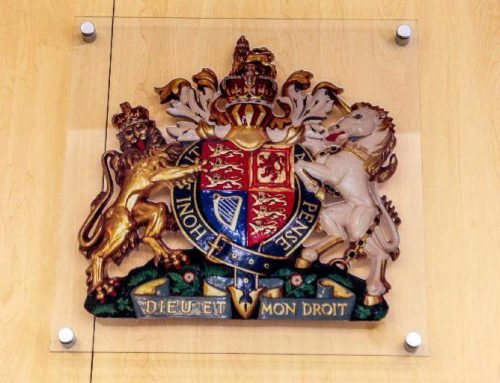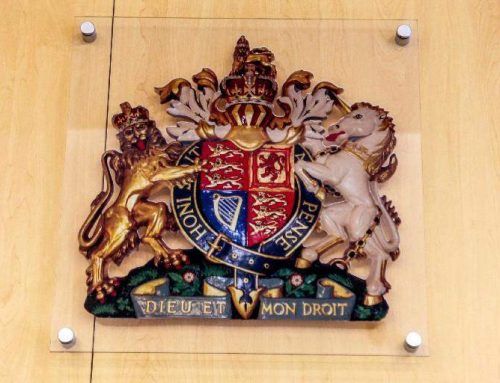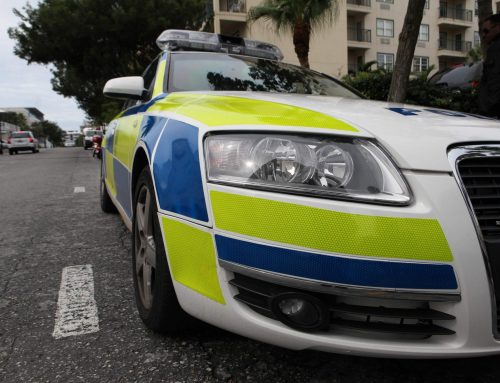By Owain Johnston Barnes
Tougher penalties and more sentencing options are needed to tackle traffic offences.
Senior magistrate Juan Wolffe said legislation to give the bench more powers would help the courts to do their part in the battle against dangerous driving.
“Magistrates’ hands are tied in the sense that we can only do what the law tells us we can do. The law says one thing, and we have to stick by it,” Mr Wolffe said.
“For us to do anything more, there has to be legislative change and changes to the sentencing tariffs of certain offences.
“There may need to be some revision to make sentences harsher not just for speeding offences but for driving under the influence, dangerous driving and careless driving.”
Mr Wolffe was speaking during the second week of The Royal Gazette’s Drive for Change campaign, which is designed to cut the grim toll of death and injury on the island’s roads.
He said that the demerit point system, introduced in 2005 to discourage repeat offences, has not worked.
Under the scheme, people convicted of traffic offences are given demerit points in addition to other penalties.
Mr Wolffe said: “If you have more than 12 points, the magistrate has the discretion to take you off the road for six months, but people can speed two or three times before they reach that 12 points, so our hands are tied. We need to wait until they reach 12 points.
“There was a time when you could be disqualified for driving any vehicles at a speed of 65km/h.
“Now, with the demerit point system, persons can go as high as 85km/h, receive demerit points and not be disqualified from driving. The speeds seem to be going up.”
Mr Wolffe said that in addition to bigger penalties, he would like to see magistrates get sentencing options beyond fines, points and driving bans.
He said: “Stopping someone from getting their car licensed if they commit these types of offences might be effective, or perhaps stopping them from travelling by saying that we will not take them off the road, but we will take their passport.
“I think for most Bermudians taking their passport away will be more devastating than taking away their licence.”
The senior magistrate said education was vital to improve road safety, and the Magistrates’ Court wanted to help.
Mr Wolffe said: “We are embarking on a public educational outreach programme.
“We have done it here and there over the past few years but what we would like to do is get children who are reaching riding age and bring them into the courtroom so they can see some of the offences that are being committed, what the penalties are for it and the devastation some of these offences are causing.
“Maybe in some way that will help dictate their riding behaviour. We do it every now and then but I don’t think we do enough of it. This year we are going to be reaching out to various schools to see if we can have a more structured programme.”
Mr Wolffe added the Bermuda Police Service, the courts and schools all had the same road safety goals, but that they could work together better.
He said: “We operate, particularly government departments, in our own little silos. We are here trying to do our thing, police are trying to do their thing, the schools are doing their thing, but never do the three meet.
“We need to get together and decide how we are going to tackle this problem, because it’s not getting any better. In fact it’s probably getting worse.
He added: “If we don’t address this problem, we will have a huge swath of people who are committing these offences, killing others and injuring themselves and who have no future.
“It’s really difficult not to sound melodramatic, but it really is that serious.”







